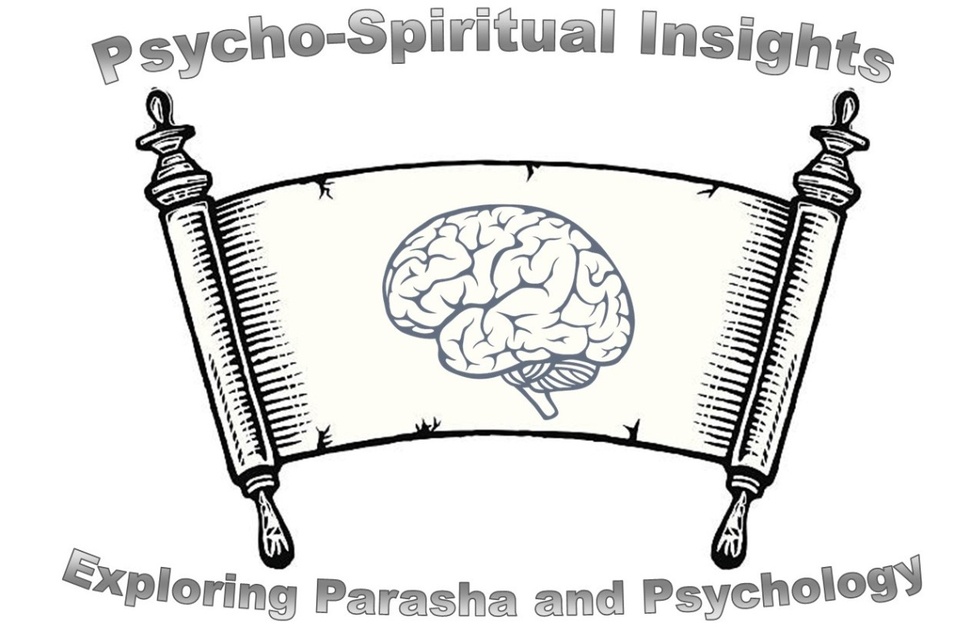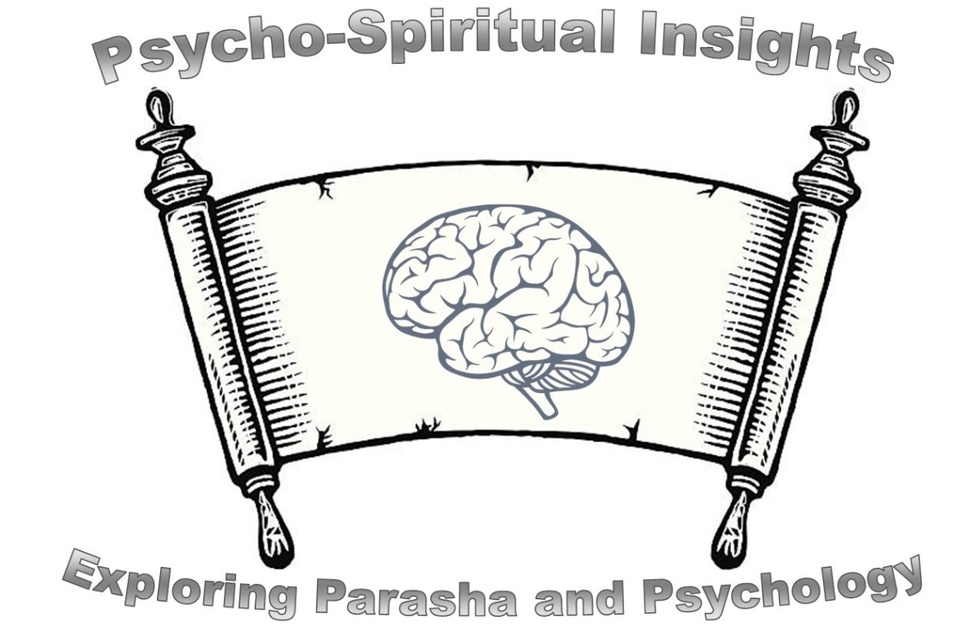
This week we begin a new Sefer of the Torah and a new secular year. In Parashat Shemot, we encounter the powerful story of the Jewish midwives, Shifra & Puah, whose courageous defiance of Pharaoh’s decree sparked the birth of the Jewish redemption. Their actions provide us a compelling lesson going into a season where people set ‘New Year’s goals’ and attempt to better themselves based on a calendar change. Amidst the oppression and cruelty of Mitzrayim, their actions shed light on the psychological concept of social obedience and pressures to conform.
In the 1960’s during the wake of the Holocaust and as the Eichmann trial began, Yale psychologist Stanley Milgram sought to understand the dynamics of obedience to authority figures, even when it meant acting against their own moral values. His studies famously demonstrated that individuals were willing to obey authority figures, even when it meant inflicting harm on others, proving the pressures of conformity and authority. Pharaoh commands Shifra and Puah to kill every Hebrew baby boy born. However, these courageous women refuse to comply with the immoral order. The Torah tells us, "But the midwives feared God and did not do as the king of Egypt commanded them; they let the boys live" (Exodus 1:17). Despite the threat to their own lives, the midwives choose a path of defiance grounded in their fear of Hashem and a commitment to higher moral principles.
Shemot Rabbah tells us that Shifra and Puah were none other than Yocheved and Miriam, Moshe’s own mother and sister. Torah refers to them by nick-names embodying their actions. Puah named for defying Pharoah’s orders (Hebrew for ‘Hophia,’) and Shifra from the mitzvah to be fruitful (Hebrew for ‘Puru,’). Milgram's experiments revealed the power of situational factors in influencing human behavior, highlighting the dangers of unchecked obedience to authority. Their resistance, however, points to the existence of a moral compass within individuals that can override external pressures. The Ibn Ezra writes that after the decree they worked harder in child birthing to ensure more lives would be saved. Their actions serve as a testament to the possibility of maintaining ethical principles even when confronted with the coercive forces of authority. This lesson applies in our daily lives, to increase our courage to resist the attraction of the current social norms.
Halacha informs us of many times where obedience has its time and place, as seen by the rules and laws that guide our daily actions as Jewish people. However, this form of obedience is in service of Hashem and his divine providence, not the current societal trends in the secular world that sway us. The story of these powerful Jewish women challenges us to reflect on the sources of authority in our lives and the extent to which we blindly conform to societal norms. It prompts us to question whether a moral compass guides our actions or if we are merely following the path of least resistance.
Ralph Waldo Emerson said, “To be yourself in a world that is constantly trying to make you something else is the greatest accomplishment." These powerful Jewish mothers teach us that within the human spirit lies the potential for resistance, reminding us that even in the face of formidable authority, one can choose the path of righteousness. As we navigate the complexities of our own lives, may we draw inspiration from the faith in Hashem of midwives to stand out when it comes to our values and resist the current.
Elan Javanfard, M.A., L.M.F.T. is a Consulting Psychotherapist focused on behavioral health redesign, a Professor of Psychology at Pepperdine University, & a lecturer related to Mindfulness, Evidence Based Practices, and Suicide Prevention. Elan is the author of Psycho-Spiritual Insights: Exploring Parasha & Psychology, weekly blog. He lives in Los Angeles Pico Robertson community with his wife and three children and can be reached at Elan.Javanfard@gmail.com.
 Previous
Previous

